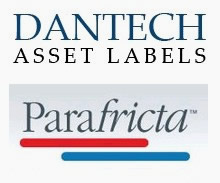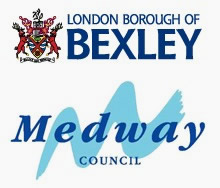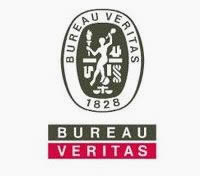Accessible websites are good for business
23/03/2009
Accessible websites are good for business
Accessible websites ARE good for business.
This is the opinion of website design company Cornish WebServices.
There is a myth that accessible websites cost more. If your website is well written then this is untrue. The extra work in creating an accessible website from the design phase is minimal. A more noticeable affect on cost is the probable decrease in maintenance costs.
There is a second myth that accessible websites are impossible with good design. This is also untrue. Websites with Flash intro and other graphics are often some of the most inaccessible. This is historical; many of these websites have been created by designers with an excellent design ability and less interest in programming or accessibility issues. Accessible websites can be very graphical, and can contain Flash or animations. By making such websites accessible to all, they will become visible to the search engine spiders. The most noticeable affect will be a large increase in all website visitors, and not just those who were unable to view your website before.
Three big problems with many websites are:-
No alternative text for images (screen readers and search engine spiders cannot see the image, so they need some alternative text).
Navigation that relies solely on the use of a mouse (pull down menus cannot be accessed by some screen readers or search engine spiders.
Requirements to use the latest browser or even to adjust the graphics resolution of your screen!! users and search engine spiders will not return to these websites.
If you are a client, make sure you request that your web designer produces an accessible website. If you manage your own website, there are many resources on the Internet on how to do this; the WAI (Web Accessibility Initiative) are setting the standards for this, and Bobby is a useful tool for verifying that your webpages are accessible.
Cornish WebServices provide an accessible website design service, and our clients include the KAB (Kent Association for the Blind).
Original article published on 04/06/2003

























